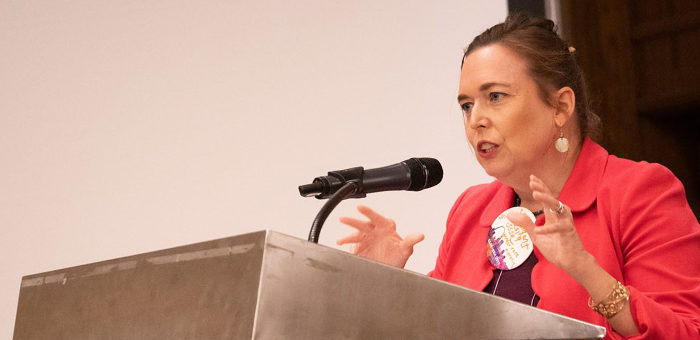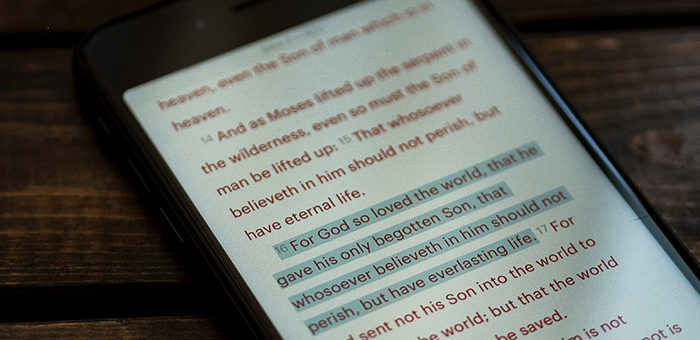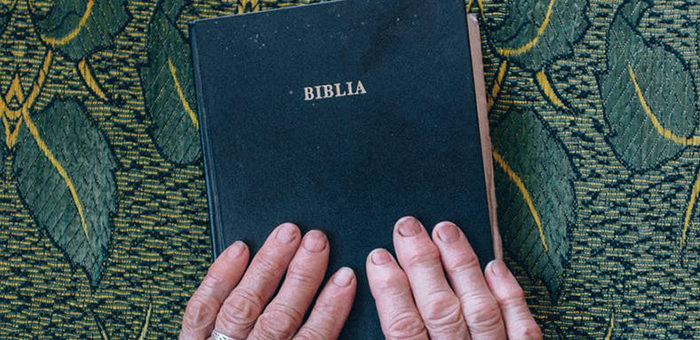Gordon Govier acts as the public media content coordinator for twentyonehundred productions, the multimedia team of InterVarsity Christian Fellowship. He writes and edits stories for InterVarsity’s website and handles media relations. In his spare time, he lives in the world of biblical archaeology — producing a weekly radio program, editing a quarterly magazine, and serving as Christianity Today’s go-to guy for stories on the latest discoveries and developments in biblical archaeology. He holds a bachelor’s degree in journalism from the University of Wisconsin.

On a visit to Israel a friend arranged an interview with Jerome Murphy O’Connor, the distinguished New Testament scholar, who has since died. As we discussed the value of archaeology for New Testament studies, he remarked that archaeology forces textual critics to acknowledge the history in the Bible.
One critic once exclaimed to him, “How do you even prove Bethlehem exists?” His response was simple. “Where I live,” he said, “I go down to the end of the street, get on a bus marked ‘Bethlehem,’ and I get off at the end of the line.” Elsewhere he has stated, “If the Gospel is not rooted in history, it is nothing.”
Archaeologists keep digging, and their discoveries continue to illuminate the biblical accounts with a unique perspective that comes from being where the biblical story unfolded. While the Bible is not a history book, it is grounded in history — history that in many cases has been verified by modern archaeological discoveries.
A 20th century archaeologist once said that no archaeological discovery has ever contradicted the Bible. Steven Ortiz, who teaches at Southwestern Baptist Theological Seminary and excavates the biblical city of Gezer, says that he tells his students it’s still true. When conflicts sometimes occur it’s usually our interpretation of the Bible that needs to be corrected. “Archaeological finds help us reinterpret the Bible accurately,” he said.
Ortiz observed that when archaeologists failed to find widespread destruction of Canaanite cities, they at first dismissed Joshua’s biblical conquest. But then when they looked at the book of Joshua more closely they realized that only three cities were actually described as destroyed: Jericho, Ai and Hazor.
Archaeology helps us understand the Bible and biblical world more accurately, but it does not prove the Bible. We didn’t have to wait for modern archaeologists to confirm what we’ve known for 2,000 years, that God’s Word through the Holy Spirit, changes lives.
This article originally appeared in the NAE Insight.



 View All Articles
View All Articles 















